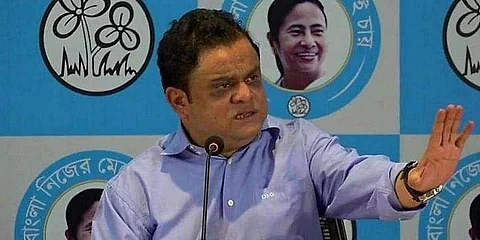

On Thursday, October 12, Bratya Basu, the Education Minister of West Bengal said that the government is aiming to improve the academic standards of state-run and state-aided schools and bridge the gap between English and Bengali medium institutes, reports PTI.
According to the report, after a workshop of headmasters and headmistresses at the leadership development programme by the Indian Institute of Technology (IIM) Calcutta, he said that the government is determined to improve the communication skills of Bengali-medium students.
"We want to bring back students to government schools from English-medium institutes," the minister said, according to PTI.
He also added that the achievements of students in state-run and state-aided schools are a matter of pride for the state “nationally and internationally”.
As per reports, Basu said that the state is targeting a 100 per cent Gross Enrolment Ratio (GER) for students at secondary and higher secondary levels by 2030.
"Headmasters and headmistresses are involved in the day-to-day operations of schools. While 985 school heads were trained at a programme conducted in collaboration with IIM Calcutta in the first phase, another 626 were trained in the second phase," he added.
According to the minister, the leadership development programme included introducing shishu samsad and promoting reading habits, among other things, as part of the goal of the state education strategy.
"While the government supported all democratic movements by teachers in support of their demands, the protests should not come in the way of imparting lessons to students in educational institutions,” the minister said regarding agitations by various teacher organisations
"I am not naming any particular movement. But when teachers become part of a prolonged street agitation, one has to see if it is affecting classroom education. Agitation as part of democracy will always be there, but one must be careful about exercising the rights," said Basu.
